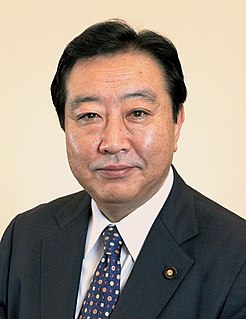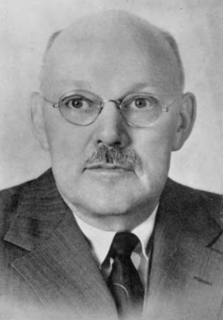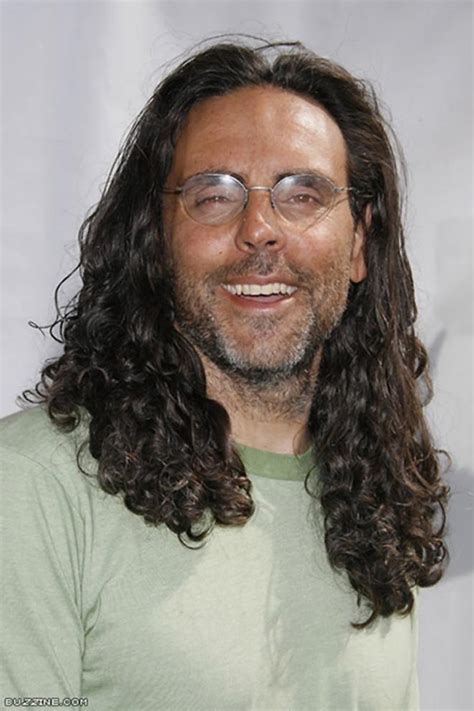A Quote by Morgan Ortagus
There are areas in which the Russians are actually surprisingly cooperative.
Quote Topics
Related Quotes
If I was drunk, I wouldn’t be here at all. And really, this is pretty good for four White Russians.” “White what?” I almost sat down but was afraid the chair might dematerialize beneath me. “It’s a drink,” he said. “You’d think I wouldn’t be into something named that—you know, considering my own personal experience with Russians. But they’re surprisingly delicious. The drinks, not real Russians.
There is nothing wrong when the Trump administration says it wants to find areas of common ground to work with Russia - perfectly reasonable. The question is, are you willing to pay the Russians in advance for the privilege of working with them in areas that are supposed to be of common interest, and that - I don't see the American interest in doing so.
The entire cosmos is a cooperative. The sun, the moon, and the stars live together as a cooperative. The same is true for humans and animals, trees, and the Earth. When we realize that the world is a mutual, interdependent, cooperative enterprise -- then we can build a noble environment. If our lives are not based on this truth, then we shall perish.
... the cooperative forces are biologically the more important and vital. The balance between the cooperative and altruistic tendencies and those which are disoperative and egoistic is relatively close. Under many conditions the cooperative forces lose, In the long run, however, the group centered, more altruistic drives are slightly stronger. ... human altruistic drives are as firmly based on an animal ancestry as is man himself. Our tendencies toward goodness... are as innate as our tendencies toward intelligence; we could do well with more of both.
The same people the Americans sent over - that we sent over to advise the Russians, we also sent over to advise the Poles about how to build a post-communist economy. Same people, same advice, with radically different results, which leads to suspicion it's not our advice which was the crucial variable. It was the Poles, on one hand, and the Russians on the other. The Poles succeeded; the Russians didn't. Don't blame us.
I think it was going to be hard to work with Russians on Syria. There is some potential overlap between the U.S. and Russia in that the Russians don't want to see the Syria situation unravel to a point where they have to escalate their own involvement. But at the moment, I don't see the U.S. and Russia on the same page in Syria. Russia seems much more interested in consolidating government control over liberated areas. It seems to me that the U.S. and Russia are proving they can disagree for independent reasons in any number of theaters.
But take the Russia issue. You open up the convention, and you have got a report that the Democratic Party has been hacked by the Russians, e-mails, the e-mails of the Democratic Party, which is a headline and words that you don't want, if you're Hillary Clinton's campaign.And Donald Trump immediately takes the story and basically steps on the advantage he has and say, well, the Russians, who am I to tell [Vladimir] Putin? You know, the Russians ought to come in and continue to hack our - and find out where the e-mails are.



































